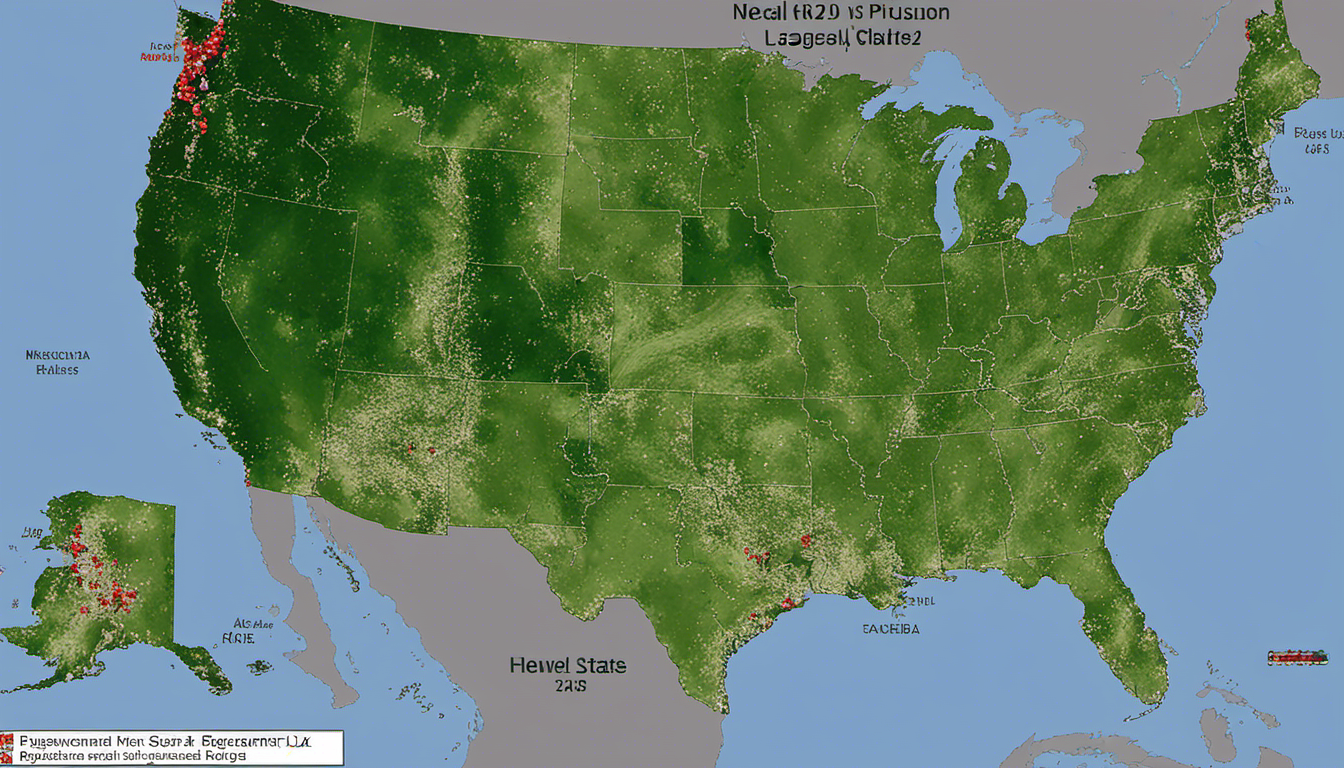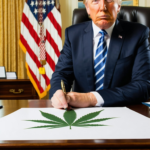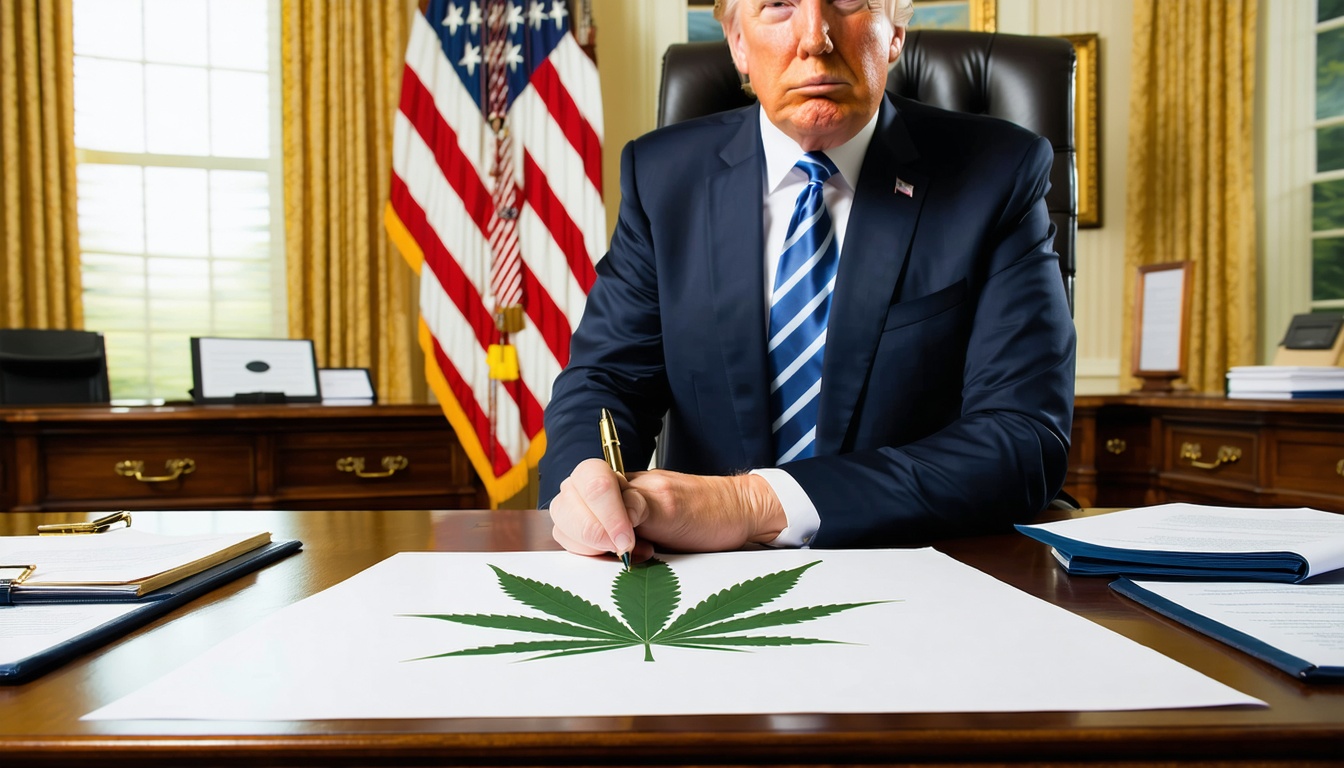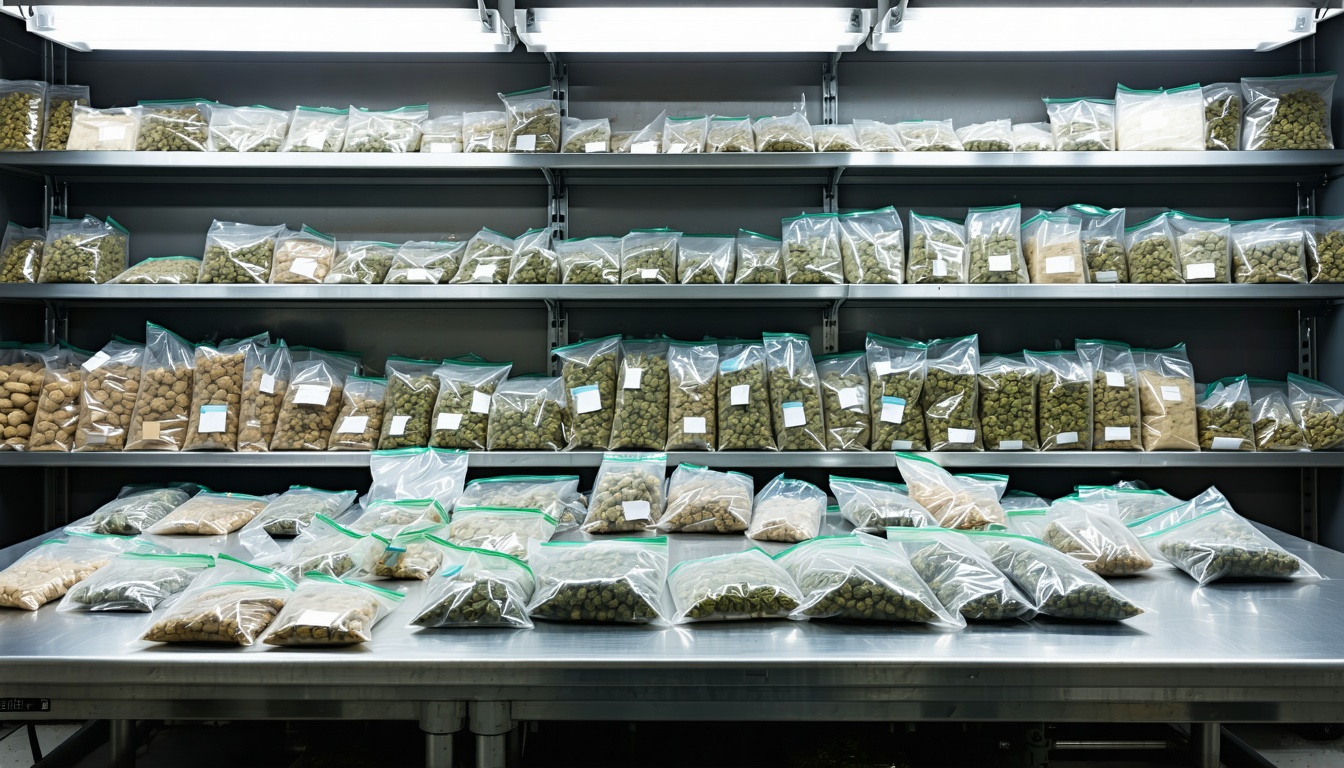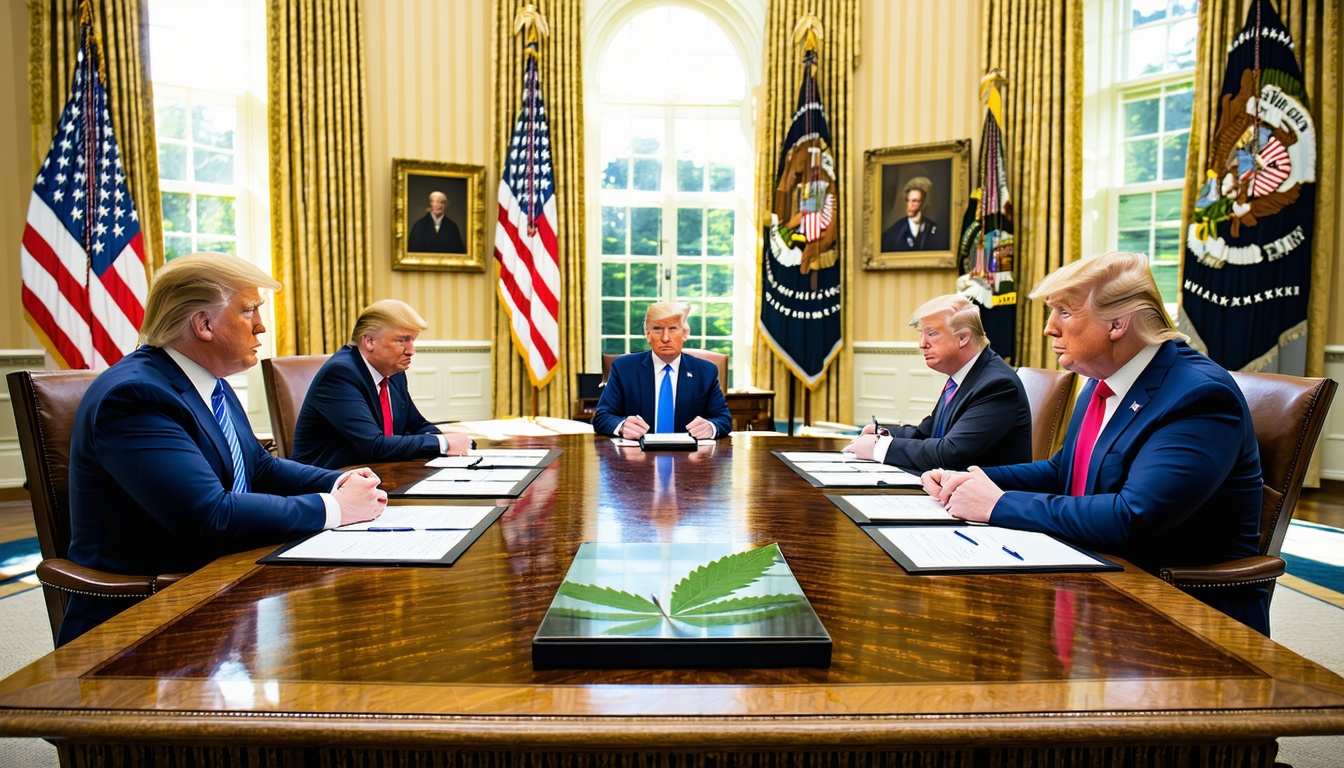The legalization of marijuana faces a significant hurdle in the remaining conservative states that still criminalize its use. Despite growing support for legalization, the movement has hit a roadblock in states where Republicans have total control of government and recreational cannabis remains illegal.
The “red wall” refers to the 20 states where Republicans have total control of government and recreational cannabis is illegal. Four additional states – Kansas, Wisconsin, Kentucky, and North Carolina – could be considered “red wall adjacent” as they have Democratic governors but Republican-controlled legislatures.
Support for recreational legalization is significantly lower among Republicans than Democrats, which explains why many red states still have restrictive marijuana laws. The recent failures of recreational legalization ballot measures in Florida, North Dakota, and South Dakota have raised questions about the future of the legalization movement.
In Florida, the measure failed to pass despite receiving 56% of the vote, due to the state’s 60% threshold for amendments. In North Dakota and South Dakota, recreational measures were defeated for the third time in 2024, leaving it unclear whether supporters will attempt to revive the measures.
Medical marijuana, on the other hand, has more support. In Nebraska, two medical measures passed decisively, but legal challenges could void the results. Arkansas’s medical use measure was struck down by the state Supreme Court due to a misleading title and name.
The outcome of the 2024 elections has also had an impact on the legalization movement. The election of Donald Trump as President and the Republican Party’s control of the Senate and potentially the House of Representatives may hinder the progress of legalization efforts.
Trump has voiced support for some legalization measures in the past, but his support has been tepid and has not been a priority during his campaign or presidency. The failure of the recreational measure in Florida, which Trump backed, may not create much incentive for him to prioritize legalization once in office.
The future of the legalization movement is uncertain, but it is clear that the ballot initiative process, which has been a key tool for activists, may no longer be viable in red wall states. The failed initiative in Arkansas, which would have automatically legalized recreational use if federal legalization occurred, highlights the challenges faced by activists in red states.
Looking ahead, legalization supporters will have to wait and see what is possible once Trump is in office. The federal rescheduling process, which began under President Joe Biden, may still move forward, but it would not resolve the gaps between state and federal law in states where cannabis is legal.

